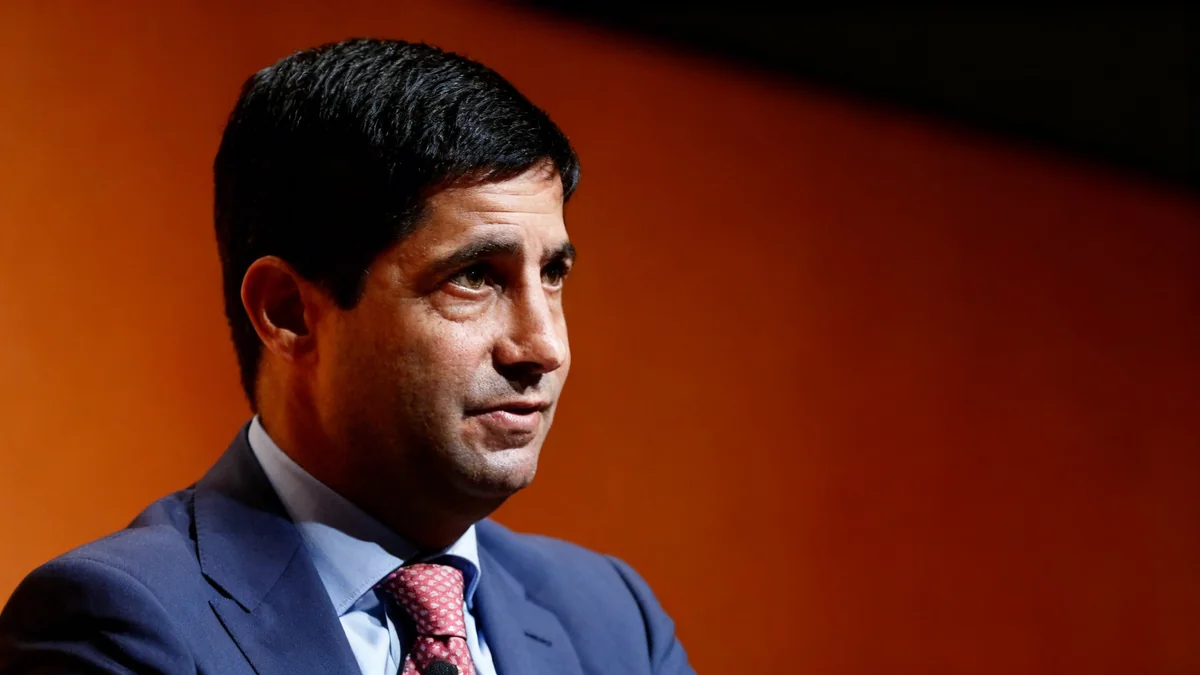Scale AI, a prominent artificial intelligence startup, recently laid off its entire Dallas-based New Projects Organization (NPO) team, impacting over a dozen employees. These workers, who were instrumental in training AI chatbots, were subsequently offered opportunities to rejoin the company as independent contractors through a microtasking platform. This move highlights a growing trend in the AI sector where companies are restructuring teams and re-evaluating the role of human input as AI capabilities advance.
Key Takeaways
- Scale AI's Dallas NPO team, responsible for training AI chatbots, was fully laid off.
- Affected employees were offered freelance positions through Outlier, a Scale AI-owned microtasking platform.
- The restructuring reflects a shift towards more specialized AI training and a reduction in 'basic' human tasks.
- Concerns are rising about job precarity and the future of permanent employment in the AI-driven economy.
AI's Evolving Workforce Dynamics
The layoffs at Scale AI's Dallas office underscore a significant shift in the artificial intelligence industry's approach to human labor. The NPO team, comprised of more than 12 individuals, focused on refining and improving the writing abilities of the company's chatbots. Their role was critical in the early stages of AI development, providing the human feedback necessary to enhance machine learning models.
However, as AI systems become more sophisticated, the need for human intervention in repetitive, foundational tasks diminishes. This efficiency gain, while beneficial for technological advancement, often translates into workforce reductions. The company's decision to cut its entire Dallas NPO team illustrates this evolving dynamic.
"The future of model training depends on experts who bring professional judgment, not on large teams doing repetitive tasks," stated Alexandr Wang, CEO of Scale AI.
From Employee to Freelancer: A New Model?
Following the layoffs, affected employees received four weeks of severance pay and medical coverage extending until October. What followed, however, stirred considerable discussion: an invitation to join Outlier, a microtasking platform owned by Scale AI. This platform allows individuals to work independently, on a commission basis, without the security of a fixed contract.
Quick Fact
Mark Zuckerberg's investment in Scale AI amounted to a substantial $14.3 billion, highlighting the significant capital flowing into the AI sector.A leaked internal email, reportedly from HireArt, the agency that initially recruited the NPO team, informed employees of these "alternative opportunities." This effectively meant that while they were no longer direct employees, they could continue contributing to Scale AI's projects, albeit under different terms.
This transition from full-time employment to freelance microtasking raises questions about job stability and the nature of work in an increasingly AI-centric economy. For many, it represents a move towards greater precarity, sacrificing benefits and job security for project-based engagements.
The Broader Impact of AI Restructuring
Scale AI's situation is not isolated. Across the tech landscape, companies are reassessing their AI strategies and workforce needs. Even xAI, Elon Musk's artificial intelligence venture, has reportedly reduced its number of AI tutors to prioritize more technical profiles. This trend suggests a broader industry shift towards demanding higher-quality, more specialized data from human experts, rather than relying on large teams for basic data annotation or review.
Natalia Montalvo, a spokesperson for Scale AI, confirmed the company's decision to redirect efforts towards "more advanced and specialized programs." She described the Dallas closure as a "small experimental program," downplaying the impact on the dozen-plus workers involved.
Industry Context
The initial boom in artificial intelligence saw many companies rapidly expand teams. Now, a phase of refinement and efficiency is leading to strategic cuts and readjustments, focusing on specialized expertise over broad human input for AI training.The core issue is that as AI chatbots improve, the "basic" tasks, such as evaluating AI responses or reviewing texts, now require specialized knowledge in fields like medicine or robotics. This evolution renders generalist human trainers less essential, paving the way for a more targeted, expert-driven approach to AI development.
Efficiency Versus Job Security
The pursuit of efficiency through AI often comes at a cost to human employment and job security. While AI promises increased productivity and reduced operational expenses, it can also contribute to a more precarious labor market. The experience of the Dallas NPO team serves as a stark example of this trade-off.
- Reduced Permanent Positions: Companies are increasingly opting for project-based work over permanent roles.
- Demand for Specialization: The need for highly specialized skills in niche areas is growing.
- Shift to Freelance Models: The gig economy is expanding, even for highly technical tasks related to AI.
Critics argue that this model, while efficient for corporations, can undermine the stability of the workforce. One user online commented,
"First you poison the bird but act as if you are providing treatment to it afterwards… this is how all organizations are acting now after forcefully laying off employees."This sentiment reflects a broader concern about companies leveraging human capital to train AIs, only to replace those same workers once the technology matures.
Scale AI maintains that its restructuring will not compromise the quality of its services. However, the incident undeniably impacts how we perceive and understand the future of work, suggesting a future with fewer permanent jobs and a greater reliance on flexible, contract-based labor in the rapidly evolving AI landscape.





